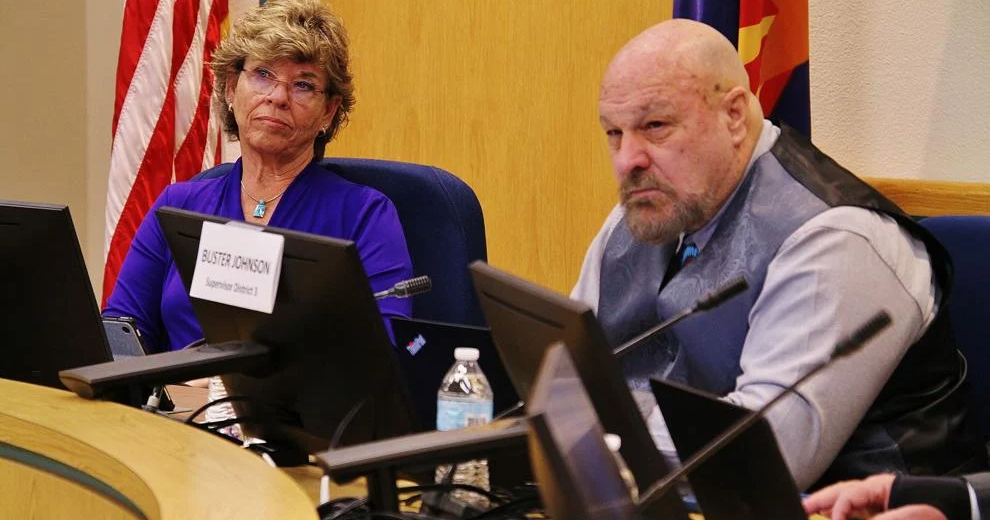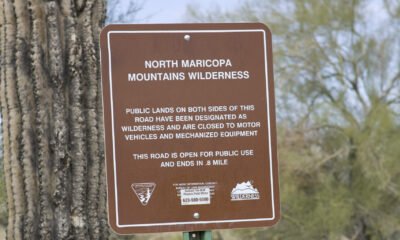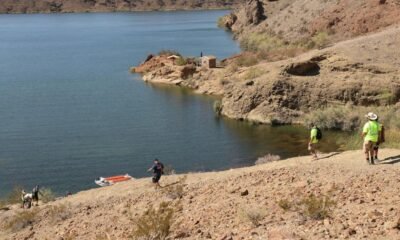Politics
County Considers Backing Utah in Landmark Federal Lawsuit Over Land Use Disputes

The Mohave County Board of Supervisors is poised to support Utah in its ongoing legal battle against the federal government. This comes as Utah challenges the constitutionality of the federal government’s ability to indefinitely withhold land without justification.
On August 20, Utah filed a lawsuit aimed at addressing the vast expanse of land controlled by federal agencies, which includes a substantial portion of the Western United States. The Mohave County Board may decide next week to allocate $22,300 to assist Utah’s legal efforts.
Currently, federal entities manage nearly half of the land in the region, leading to claims that approximately 245 million acres may be unjustifiably retained from western states. This situation raises questions about land use, conservation, and state rights.
Despite its size, Utah’s effective control over land is quite limited. It ranks as the thirteenth-largest state, encompassing approximately 84,896 square miles. However, about 71% of this land falls under federal management, leaving the state with only around 24,595 square miles that can be taxed or developed.
Trail maps notwithstanding, Utah’s actual governance resembles that of West Virginia, among the smallest states. This restricted control has serious implications for local development and economic growth.
Supervisor Buster Johnson has introduced a proposal suggesting that the board may also join Utah’s effort through an amicus brief, bolstering the state’s legal stance. He emphasizes the contrast between Arizona and states with lesser federal land control.
“Arizona is subject to federal oversight of over 42% of its land, compared to less than 1% in places like Connecticut and New York,” Johnson noted. “This creates challenges for local governance and resource utilization.”
The vote on this proposal is scheduled for Monday during the board’s session in Kingman, which could have lasting impacts on land management practices in Arizona and beyond.


















